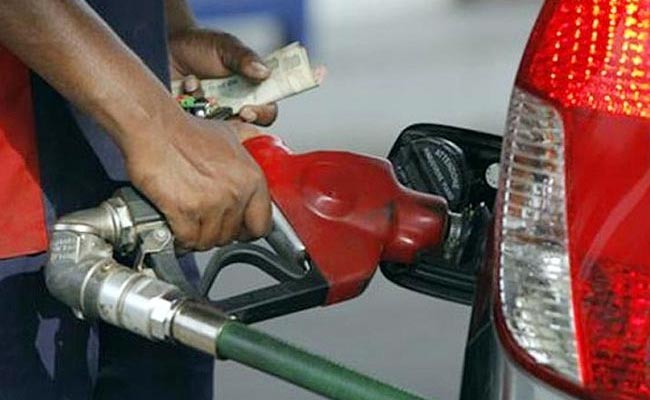The Independent Petroleum Marketers Association of Nigeria (IPMAN) has issued a statement shedding light on the ongoing fuel scarcity plaguing major cities in Nigeria.
According to the association, this crisis, accompanied by surging pump prices, may persist for up to two weeks due to the unavailability of petrol products across the nation.
Chinedu Ukadike, the spokesperson for IPMAN, emphasized that the scarcity stems from disruptions in the international supply chain.
Even Nigeria’s primary supplier, the Nigerian National Petroleum Company Limited (NPCL), is facing a shortage of fuel.
This shortage is exacerbated by the ongoing maintenance of refineries in Europe, which has hindered the importation of petroleum products into Nigeria.
Ukadike explained, “The situation is that there is no product. Once there is a lack of supply or inadequate supply, what you will see is scarcity and queues will emerge at filling stations.”
He further elaborated on the challenges faced by NPCL, citing logistical and vessel issues as contributing factors.
However, Ukadike expressed optimism, stating that NPCL’s Group CEO has assured them of improvements in the supply chain, with vessels expected to arrive soon.
Regarding the renewal of licenses for marketers, Ukadike highlighted a significant bottleneck. Many marketers have been unable to renew their licenses due to stringent requirements set by the Nigerian Midstream and Downstream Petroleum Regulatory Authority (NMDPRA).
Out of 15,000 marketers registered on NPCL’s portal, only 1,050 have managed to renew their licenses before the April 15, 2024 deadline.
“We are, therefore, appealing to NNPC to extend this deadline and also to NMDPRA to hasten the release of licences of marketers who have completed their processes, and also reduce bottlenecks around licence renewals,” Ukadike appealed.
Ukadike conclusively reassured the public that once the supply chain stabilizes and marketers can access licenses more efficiently, normalcy will return to the fuel distribution system in Nigeria.
However, he cautioned that restoring the 30-day supply sufficiency disrupted by the current crisis could take up to two to three months.




